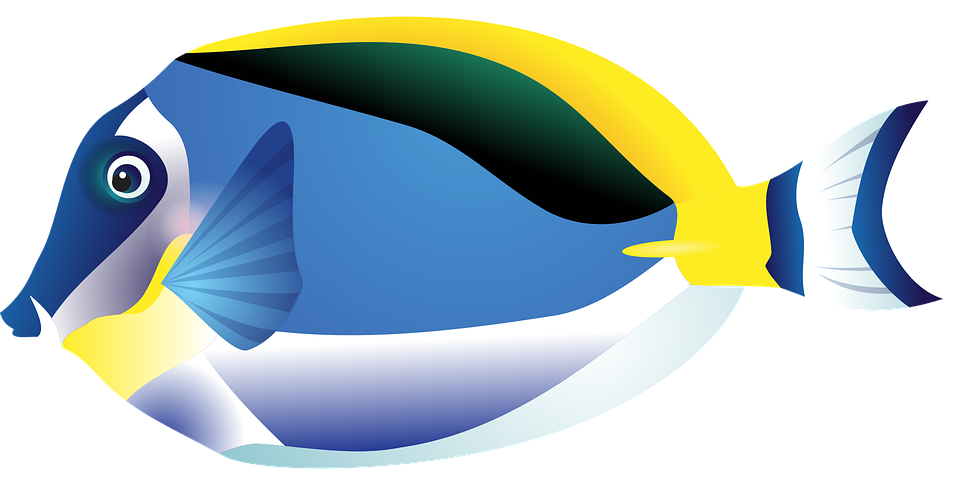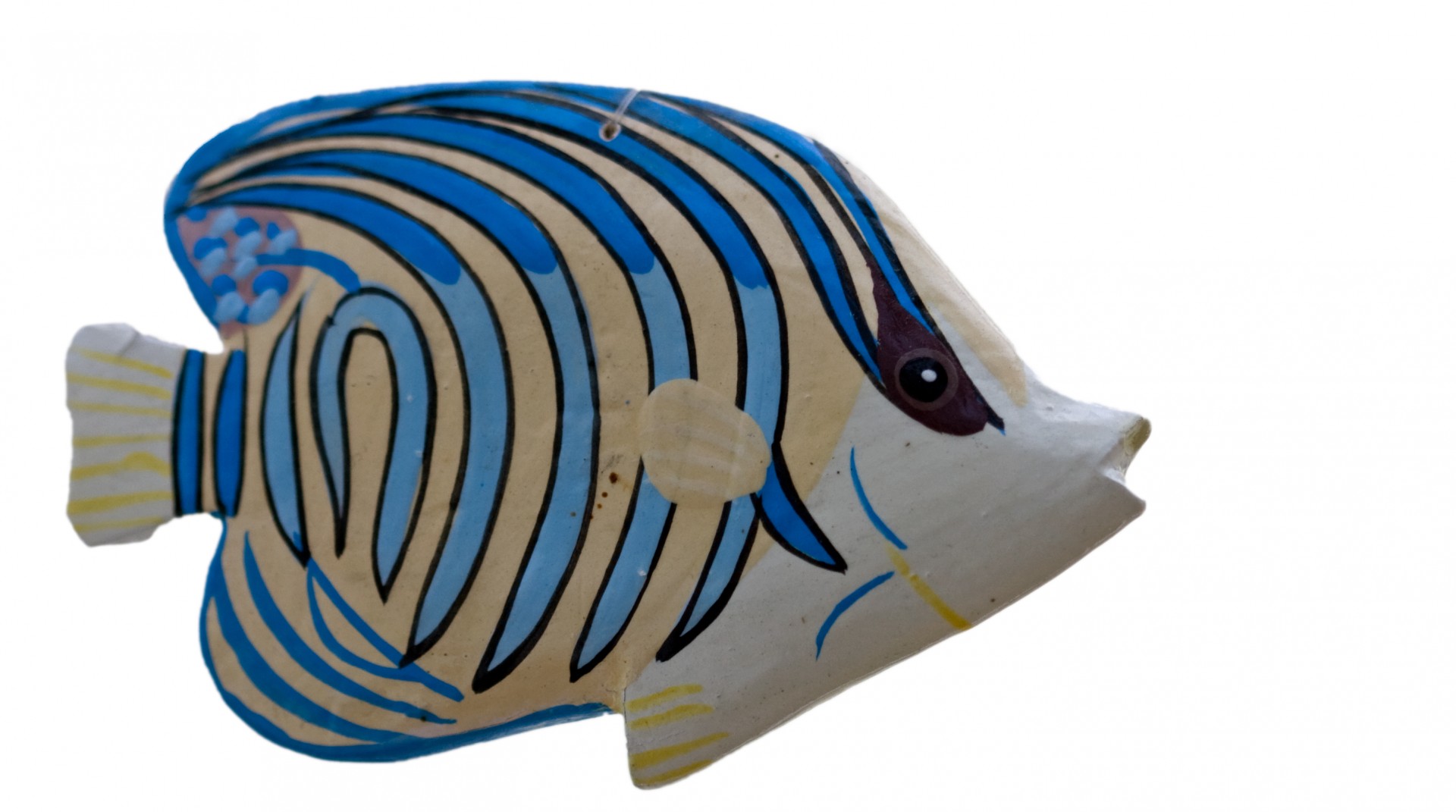Personal Style Indicator – Results
Before reviewing the following information, please remember there is no right nor wrong answer – and no style is better or worse than any other. This is an ‘indicator’. The challenge for you is how you effectively use this information.
At the bottom of this information, you will find additional details that may assist you in your journey…
 Note: for the benefit of the strong Producers, the relevance of the fish is to give visual stimulation to the strong Performers – and for the benefit of the strong Planners, no, there is no theory behind which fish was chosen for which style, other than the Performer fish (it looked like a ‘performer’) – and for the strong Ponderers… once you have thought about all of this, if you have any additional feedback, I would love to hear it!
Note: for the benefit of the strong Producers, the relevance of the fish is to give visual stimulation to the strong Performers – and for the benefit of the strong Planners, no, there is no theory behind which fish was chosen for which style, other than the Performer fish (it looked like a ‘performer’) – and for the strong Ponderers… once you have thought about all of this, if you have any additional feedback, I would love to hear it!
 Performer
Performer
Performers are the creators, the brainstormers. They can act first and think later. Outgoing and gregarious, performers are not afraid to take the limelight and ‘have a go’. They are quickly bored and want to move onto the next activity.
PERFORMERS LIKE TO:
- get fully involved in a side variety of activities
- have fun
- role play
- meet challenges head on
- be involved in group discussions and activities
- have a go and dive right in
PERFORMERS DON’T LIKE TO:
- sit for too long
- listen to long lectures
- go over and over one activity
- stand back and not get involved
- work on their own
- attend to detail
What might this mean in a coaching or mentoring environment? What factors might you need to consider when coaching or mentoring a learner who has strong performer tendencies?
 Producer
Producer
Are practical and ‘down to earth’ realists. They like to ‘get the job done’. They have little time for theories; if it works it’s right for them. Producers have little time for open-ended discussions; rather they like to focus on the task. They are not generally people-oriented and prefer to focus on tasks.
PRODUCERS LIKE TO:
- see immediate relevance of the learning to their job
- have practical and clear guidelines
- try out and practice their learning
- make the learning experience relate to their work
- draw up action plans
PRODUCERS DON’T LIKE
- being presented with lots of theory
- being unable to relate the learning quickly to their current job or problem
- to work with too many planners
- to delay putting their learning into action
- to have to work around obstructive managers
What might this mean in a coaching or mentoring environment? What factors might you need to consider when coaching or mentoring a strongly pragmatic learner?
 Planner
Planner
Planners are logical thinkers. There is little to no place for lateral thinking in their step-by-step analysis of events. They like to stand back and ask probing questions, making sure all the pieces fit. Their disciplined approach to problem solving rejects anything that doesn’t fit within a rigid mind set. Disliking disorder or uncertainty they are uncomfortable with intuitive thought.
PLANNERS LIKE TO:
- be presented with overall theories, systems and models
- check for inconsistencies
- be challenged by being put on the spot with difficult problems to solve
- read and listen to ideas which are logically correct
- reflect on interesting ideas to see if they will fit into the workplace
PLANNERS DON’T LIKE TO:
- reveal their emotions and feelings
- work on something with no obvious connections
- be given no basic framework or philosophy
- work without enough detailed information and statistics
- work with a large group of producers
What might this mean in a coaching or mentoring environment? What factors might you need to consider when coaching or mentoring a strongly theoretical learner?
 Ponderer
Ponderer
Ponderers are careful, thorough and give attention to details. They significantly dislike being thrown in at the deep end or a situation unprepared. Ponderers like to sit back and weigh up other people’s discussions without getting personally involved. They are cautious, sometimes to the point of inactivity.
PONDERERS LIKE TO:
- consider, assimilate and prepare before acting
- listen to other people’s points of view and put them all together
- stand back and observe
- be given time to review what they have learned
- have a structured learning experience
- produce detailed work
- make up their own minds at their own pace
PONDERERS DON’T LIKE TO:
- chair meetings or be the center of attention
- be actively involved in group discussions and activities
- be rushed so that they cannot produce a perfect and detailed result
- be told exactly how to carry out a task
- take risks
- assert their point of view
What might this mean in a coaching or mentoring environment? What factors might you need to consider when coaching or mentoring a strongly reflective learner?
Additional Information
This material is based on the work of Honey and Mumford. I would recommend doing some research on their findings if you would like additional details.
In Honey and Mumford’s material, you will find the following terms that map to the above:
PRODUCER (above) = PRAGMATIST (in Honey and Mumford’s work)
PERFORMER = ACTIVIST
PONDERER = REFLECTOR
PLANNER = THEORIST
